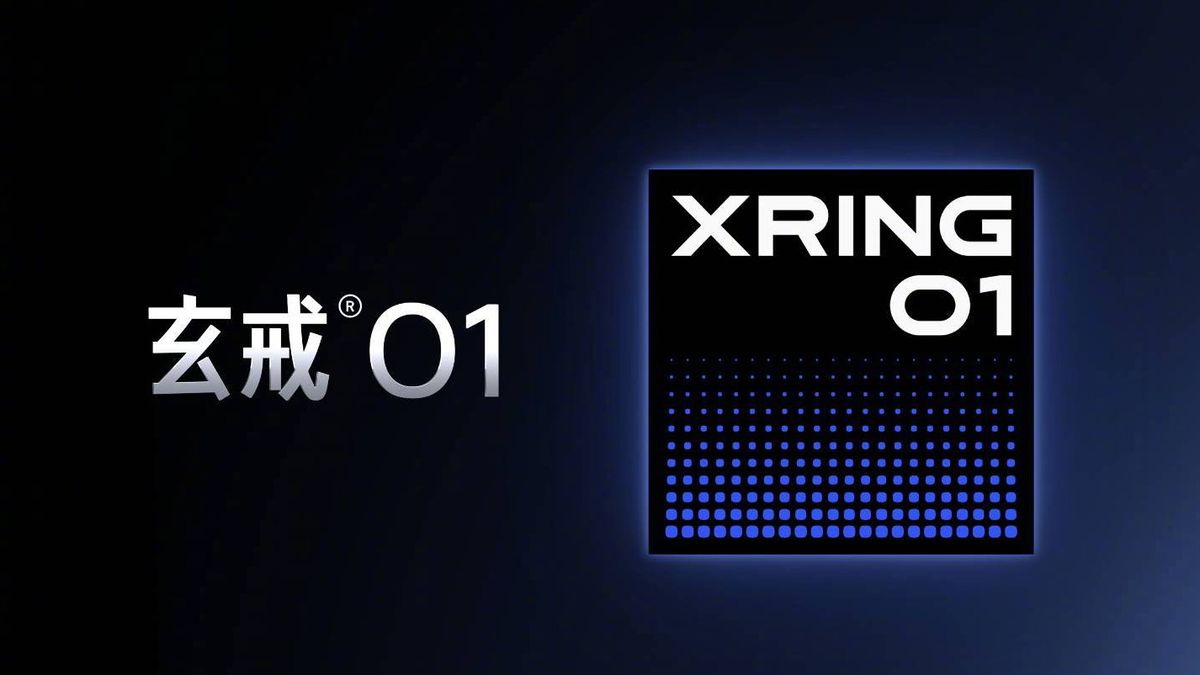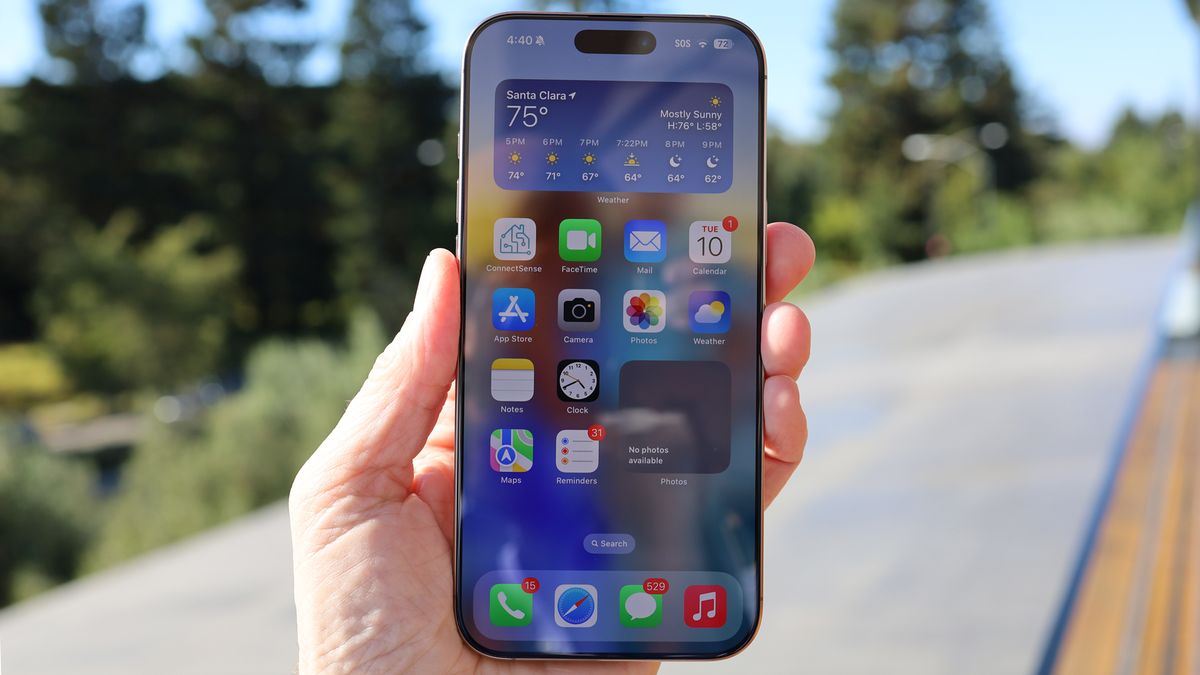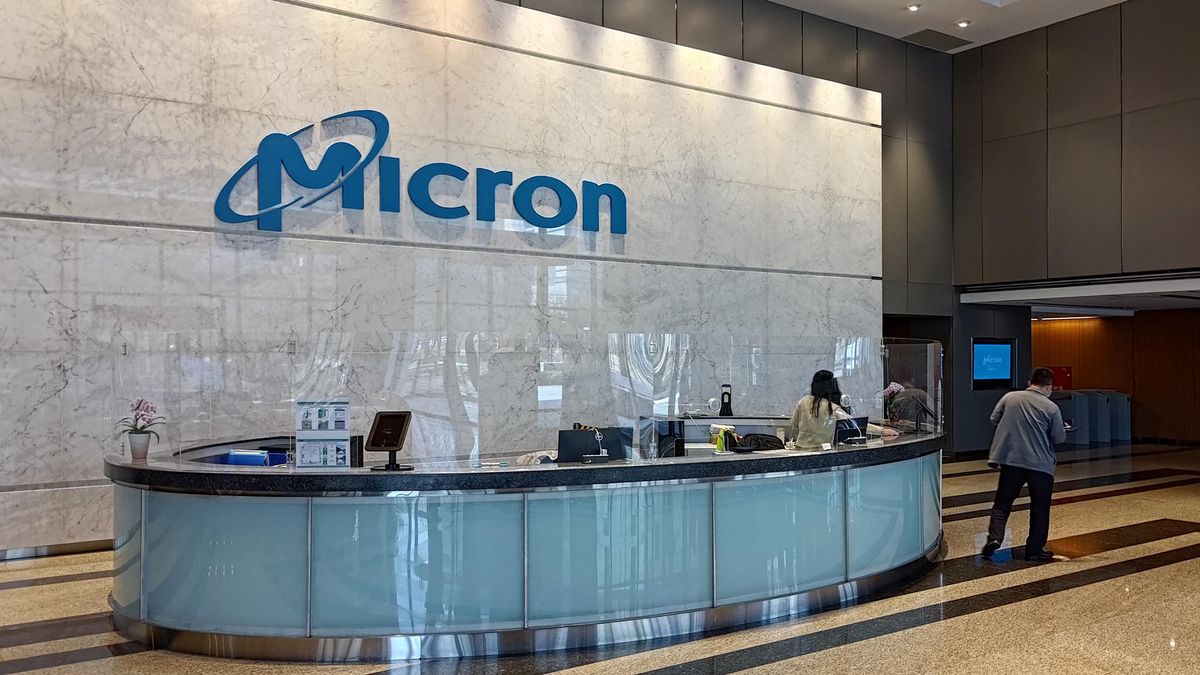FCC proposal aims to nix long-term gigabit internet speed goals, pricing analysis

FCC chairman Brendan Carr is concerned that efforts to ensure Americans have gigabit internet, which the Biden administration identified as a long-term goal in 2024, "risks skewing the market by unnecessarily potentially picking technological winners and losers."
That concern was shared in a fact sheet (PDF) related to the "Inquiry Concerning Deployment of Advanced Telecommunications Capability to All Americans in a Reasonable and Timely Fashion" that was published by the FCC on July 17. The commission is required to conduct this inquiry annually, as mandated by Section 706 of the Telecommunications Act of 1996.
The long-term goal of encouraging gigabit internet deployment would "appear to violate our obligation to conduct our analysis in a technologically neutral manner," the FCC said in the fact sheet. "At present, it is impossible to predict long-term technological developments and the evolution of consumer preferences. Further, assuming a long-term goal of 1,000/500 Mbps may be unreasonably prejudicial to technologies such as satellite and fixed wireless that presently do not support such speeds. We believe it prudent to continue to monitor technological developments and consumer preferences and adapt our current benchmark, as well as relevant high-cost support programs, accordingly."
Abandoning this goal would primarily benefit ISPs that can't offer gigabit speeds but still want to benefit from FCC programs. Ars Technica noted in its report that "the Trump administration changed grant-giving procedures to distribute more funds to non-fiber providers such as Elon Musk's Starlink satellite network."
The FCC said that Carr's proposal would also "refocus the Commission’s inquiry on whether advanced telecommunications capability 'is being deployed,' (that is, incremental progress made in deployment) rather than whether it already has been deployed, as was the focus of the 2024 Report." But it seems Carr is worried about more than just deployment progress.
Carr takes issue with the 2024 report "[incorporating] the universal service goals of deployment, adoption, affordability, availability, and equitable access to broadband throughout the United States as the metrics for conducting the section 706 inquiry." This discontent is supposedly the result of a desire to more faithfully abide by Section 706's requirements.
The FCC will vote on Carr's proposal on August 7, at which point we'll know if concerns about "picking technological winners and losers" will prompt the commission to pick regulatory winners and losers, and into which category the U.S. residents affected by these policies are to be sorted.
Get Tom's Hardware's best news and in-depth reviews, straight to your inbox.
Follow Tom's Hardware on Google News to get our up-to-date news, analysis, and reviews in your feeds. Make sure to click the Follow button.
What's Your Reaction?
 Like
0
Like
0
 Dislike
0
Dislike
0
 Love
0
Love
0
 Funny
0
Funny
0
 Angry
0
Angry
0
 Sad
0
Sad
0
 Wow
0
Wow
0





































